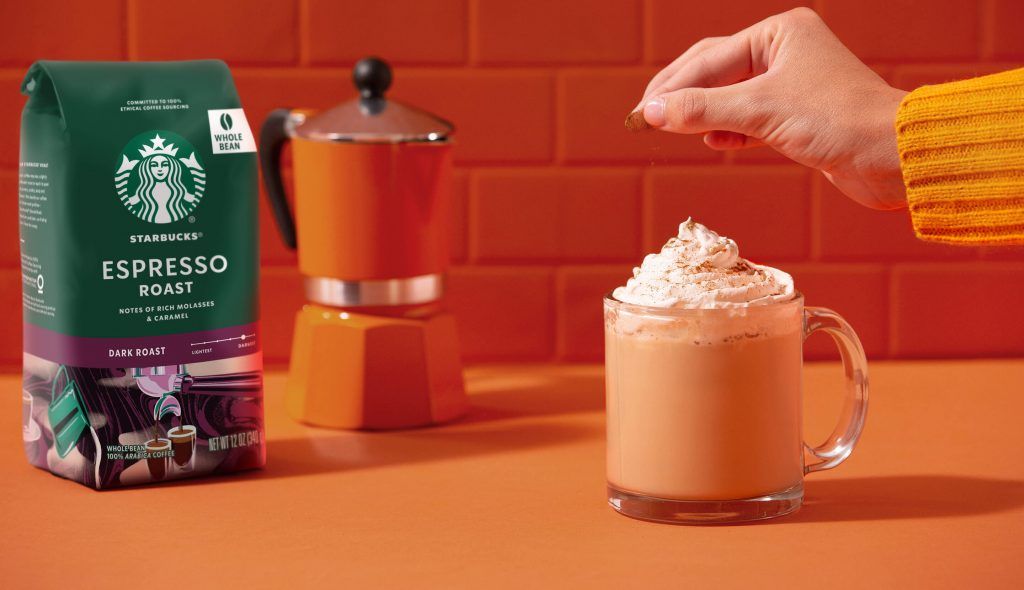To help ensure compliance with its coffee standards, Starbucks controls substantially all coffee purchasing, roasting and packaging, as well as the global distribution of coffee used in its operations.
Nestlé controls the distribution of certain finished products through the Global Coffee Alliance.
Starbucks purchases green coffee beans from multiple coffee producing regions around the world and roasts them to standards for its numerous blends and single origin coffees.
Starbucks’ Channel Development segment includes roasted coffee beans and ground coffee, Seattle’s Best Coffee, single-serve products under the Starbucks and Teavana brands, a variety of ready-to-drink beverages, such as Frappuccino and Starbucks Doubleshot, catering products and other branded products sold worldwide outside of its company-operated and licensed stores.
A large portion of Starbucks’ channel development business operates under a Global Coffee Alliance licensing model with Nestlé, while Starbucks’ global ready-to-drink beverage businesses operate under collaborative relationships with PepsiCo, Tingyi-Ashi Beverages Holding Co, Arla Foods amba, Nestlé and others.
Starbucks
In the fourth quarter of fiscal 2018, the company licensed the rights to sell and market its products in authorized channels through the Global Coffee Alliance and received an upfront upfront royalty from Nestlé.
The upfront payment of approximately $7.0 billion was recorded as deferred revenue as Starbuck has ongoing performance obligations to support the Global Coffee Alliance, including Nestlé’s access to certain intellectual properties and products for future resale.
The upfront payment is recognized as other revenue on a straight-line basis over the estimated economic life of the 40-year agreement for continued access to licenses within the contract territories.
As of October 2, 2022, short-term and long-term deferred revenue related to Nestlé’s upfront payment amounted to $177.0 million and $6.2 billion, respectively.
The price of coffee is subject to high volatility. Although most coffee is traded in the commodity market, high-altitude arabica coffee of the quality sought by Starbucks tends to trade at a premium to the commodity «C» price.
Both the premium and the price depend on supply and demand at the time of purchase.

